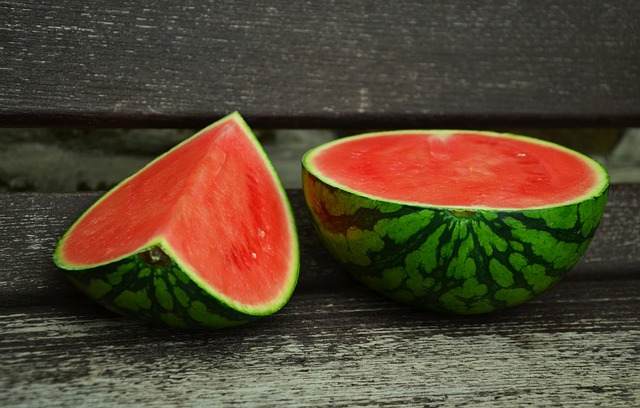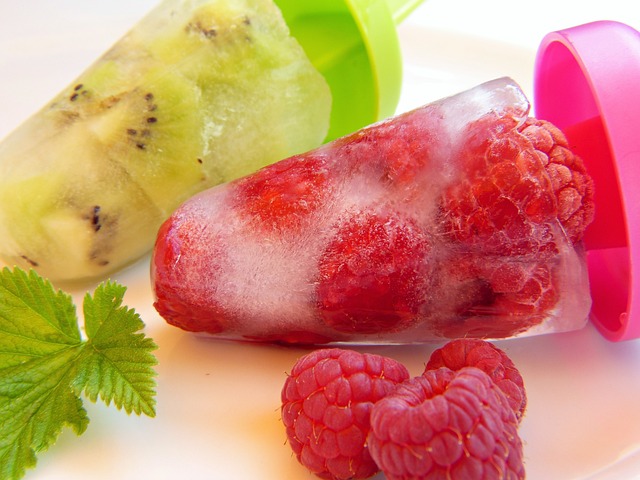Revitalize Your Gut: Discover the Best Foods and Supplements Rich in Probiotics
Good gut health is the foundation of overall well-being. An imbalanced gut can lead to a variety of health
issues, including digestive problems, weakened immune system, and even mental health disorders. Maintaining a
healthy gut flora is essential, and one of the best ways to achieve this is by incorporating probiotics into
your diet. Probiotics are live bacteria and yeasts that provide numerous health benefits by restoring and
maintaining the natural balance of microorganisms in the gut.
The Benefits of Probiotics
Probiotics offer a range of benefits for your gut and beyond. Here are some key advantages of including
probiotics in your daily routine:
- Improved Digestion: Probiotics help break down food and optimize nutrient absorption in
the digestive tract. - Enhanced Immune System: A thriving gut flora supports a robust immune system, helping your
body fight off infections and diseases. - Reduced Inflammation: Probiotics can alleviate inflammation in the gut, which is often
associated with conditions like irritable bowel syndrome (IBS) and inflammatory bowel disease (IBD). - Better Mental Health: Emerging research suggests a connection between gut health and
mental well-being. Probiotics may help reduce symptoms of anxiety and depression.
Foods Rich in Probiotics
Incorporating probiotic-rich foods into your diet is a natural and tasty way to boost your gut health. Here are
some excellent sources of probiotics:
Yogurt
Yogurt is one of the most well-known probiotic foods. Look for varieties labeled “live” or “active cultures”
as these contain beneficial bacteria such as Lactobacillus and Bifidobacterium. Greek yogurt, kefir, and
skyr are also great options.
Sauerkraut
Sauerkraut is made from fermented cabbage and is rich in probiotics. It provides fiber, vitamins, and minerals
along with beneficial bacteria. Make sure to choose raw sauerkraut that hasn’t been pasteurized to retain its
probiotic benefits.
Kombucha
Kombucha is a fermented tea that has gained popularity for its probiotic content. It contains acetic acid and
various strains of bacteria and yeast that promote gut health. It’s a delicious and refreshing beverage option.
Miso
Miso is a traditional Japanese seasoning made from fermented soybeans. It is commonly used in soups and adds a
unique umami flavor. Miso contains probiotics that support a healthy gut and provide essential nutrients.
Kimchi
Kimchi is a spicy Korean side dish made from fermented vegetables, typically cabbage and radishes. It is
packed with vitamins, minerals, and probiotics. Its tangy and slightly spicy taste makes it a popular addition
to various dishes.
Probiotic Supplements
While incorporating probiotic-rich foods into your diet is a great way to improve gut health, sometimes our
bodies may require additional support. Probiotic supplements can provide a concentrated dose of beneficial
bacteria. Here are a few things to consider when choosing a probiotic supplement:
- Strain Diversity: Look for supplements that contain a variety of strains to promote
overall gut health. - Colony Forming Units (CFUs): CFUs indicate the amount of bacteria in each dose. Opt for a
supplement with at least 10 billion CFUs. - Survivability: Ensure the supplement has a coating or is enteric-coated to protect the
bacteria from stomach acid and ensure they reach your gut alive.







